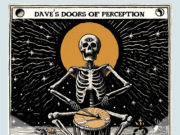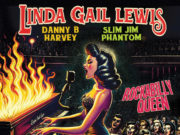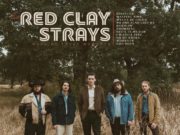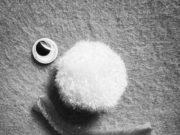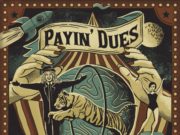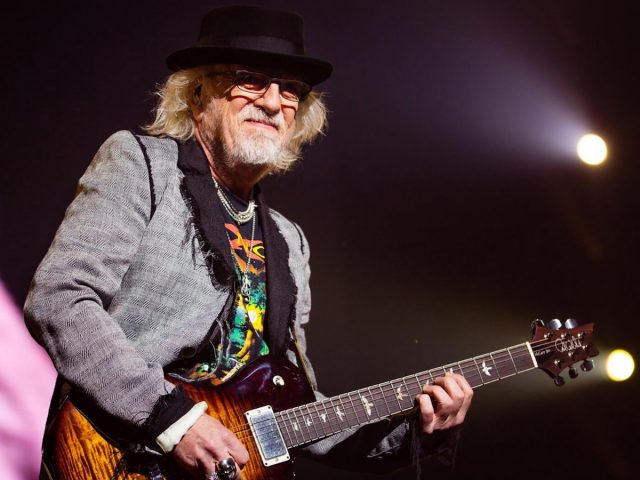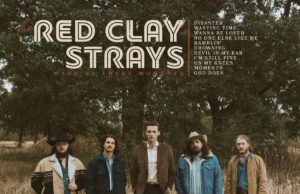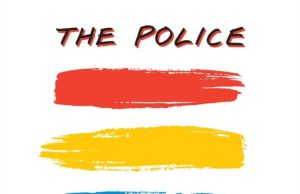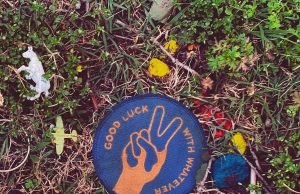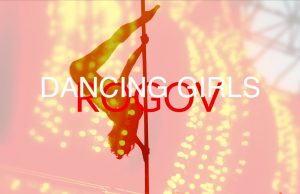Aerosmith guitarist Brad Whitford is celebrating his 70th birthday today (Feb. 23, 2022). Back when he was still pushing 65 and on tour with the reunited Whitford/St. Holmes, I was fortunate enough to interview him. As usual, a lot of our chat had to be edited out for print space, so I’ve restored it here. Enjoy:
If Brad Whitford had his way, Aerosmith would get with the times — and fast.
“If I was able to produce the next Aerosmith album, it would be an entirely different process than it’s been for the last 30 years,” the band’s rhythm guitarist explains. “Aerosmith is kind of stuck in the old days. Today you can’t make a lot of money selling a record, so you don’t need to spend a lot of money making it. And that doesn’t mean you have to sacrifice anything. I made my latest album in two weeks. There’s no reason Aerosmith couldn’t do the same thing. But we just can’t seem to do that.”
In truth, Aerosmith can’t seem to do much of anything lately. The band’s 2106 summer tour was nixed so elusive frontman Steven Tyler could promote his solo album We’re All Somebody From Somewhere. And with the singer now claiming that their 2017 tour will be a farewell trek, the Boston blues-rockers’ future is even murkier.
But two can play at the solo album game. So Whitford is also on the road behind his own project: The aptly titled classic-rock throwback Reunion, the first album in 35 years from Whitford/St. Holmes, his band with former Ted Nugent singer-guitarist Derek St. Holmes.
With the band — including Winnipeg-born drummer Brent Fitz — criss-crossing the continent, the 64-year-old Whitford got on the blower to talk being his own boss, channelling the ’80s and anticipating the seniors’ discount.
How’s your summer vacation going?
We’re having a great time. This is without doubt the best band I’ve ever been able to perform with.
I think some people — including some people in your other band — might take umbrage at that remark.
I don’t care if they do! (Laughs)
What prompted you and Derek to get back together after all this time?
Well, time was very important because I have quite a bit of it. (Laughs) But it really happened because Derek and I found ourselves as neighbours outside of Nashville. So we were hanging out all the time, which means we’re playing all the time, which means we’re writing all the time. It was just a natural evolution.
It’s almost hard to believe the songs on Reunion are new. They sound like they could have been on your 1980 album.
I get that a lot, yeah. I guess we have a sound that we didn’t even realize. We didn’t use the first album as a baseline. But after doing this one and then listening to the first one, it was like, ‘Oh man! We do have kind of a sound, don’t we?’
So it just comes naturally?
Yeah. It comes from the music that drove us to do this in the first place — an approach and a style that we saw time and time again in the late ’60s and early ’70s. We just are very passionate about it, so we just went ahead and did it. We didn’t know what we were going to get when we started making the record, but it turned out to reflect our influences and what we’re into now. That’s just what it is. It’s the kind of music that really floated our boats back in the day.
Do you wish you’d done this sooner?
No. I think the timing is perfect.
You’re touring a lot of smaller venues than you usually play. And obviously you don’t have all the creature comforts of Aerosmith. How do you feel about that?
Well, to take out a new band and build it from ground zero is the way Aerosmith did it. You start at the grassroots level. And if you have something to offer, it’s a great way to build a fan base. And performing in front of 300, 3,000 or 300,000, the performances are all the same. But smaller venues are certainly more … there’s something much more intimate that you have with the audience in those situations. And I would hate not to be able to do that.
How do you like being your own boss?
It’s much better than taking orders. That’s all I can tell you.
How has your time in Aerosmith affected the way you lead a band?
Well, I guess you learn: You see things you like and things you don’t like, and you’re able to fine-tune your own approach.
What’s your approach?
I’d call it compassionate. You have to be a people person. You have to be understanding. You have to be a good coach. Because the best results come from a team effort, and when you’re not dealing with egos or anything, it makes things a lot more fun.
Forgive me for saying, but it doesn’t seem like being in Aerosmith is much fun anymore.
Um, yeah, people kind of go their own way and do their own thing. And our touring schedule is very erratic. You end up having a lot of time to yourself. It’s not like the old days.
Do you think Aerosmith still has a few more tricks up its sleeve?
Aerosmith has never failed to surprise me, so more than likely the answer to that is yes.
You’re going to be 65 next year. What’s the first thing you want to buy with your seniors’ discount?
(Laughs) Oh God, I don’t know — a Ferrari?


